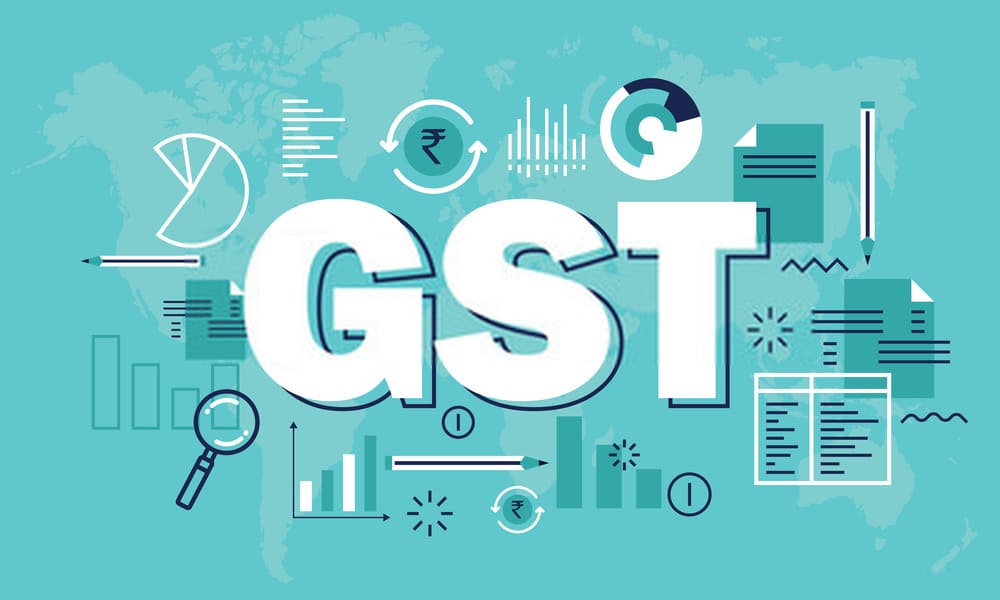Textile is one of the core sectors contributing revenues, employment, foreign exchange to the country as a whole and more specially so, to the state of Gujarat . This sector caters demands across the nation and has a huge export market too. Most of the enterprises prefer to outsource the ancillary activities to concentrate on their core area of business. The Ministry had exempted many services related to Textile sector however deliberate misinterpretations by some section of the service tax department, raised serious question on the taxable nature of job work and related services. Concept of job work in service tax was never free from controversies. Earlier job worker were required to deal with only Central Excise and plenty of notifications and rulings governed the scope of duty levy on job work. With the insertion of Business Auxiliary Service (BAS), the job workers faced dilemma whether they are covered under Service Tax or Central Excise. Some issues have been addressed in the past , but there seems to be no end to such controversy. The spirit of Law is very clear that double taxation should not be there. Therefore, even under Service Tax the definition of BAS was amended so that Section 65 (19) of the Finance Act, 1994, does not include any activity that amounts to manufacture of excisable goods. It also mentions that excisable goods has the meaning assigned to it in clause (d) of section 2 of the Central Excise Act, 1944 and manufacture has the meaning assigned to it in clause (f) of section 2 of the Central Excise Act 1944. Therefore it is evident that once an activity is manufacture as per 2(f) of Central Excise Act, 1994; it cannot be covered under Service Tax.
In most cases job work amounts to manufacture, but are they excisable goods. Some major questions which need to be addressed are ; whether activity is manufacture? whether goods under job work are excisable? What would be the scenario when prevalent rate of Central Excise Duty is Nil? Recently representations were made before the board. The issue raised was regarding leviability of service tax under Business Auxiliary Service (BAS) on computer embroidery work carried out on job work. CBEC vide Dy. No. 2305/Commr(ST) 2011 dated 15.07.2011. The above clarification also took recourse to various Supreme Court decisions. It further stated that the Supreme Court in the case UOI v Nandi Printers Pvt. Ltd. CEO 2001 SC 50 held that “the mere fact that the rate of duty on printed cartons was NIL by reason of exemption would not make printed cartons non-excisable goods”. The Supreme Court again in the case of CCE Hyderabad v Vazir Sultan Tobacco Co. Ltd. CEO 1996 SC 29 at page 10 has observed that if by virtue of exemption the rate of duty was reduced to NIL the goods specified in the Tariff would still be regarded as excisable. Further the Supreme Court in the case of All India Federation of Tax Practitioners v UOI STO 2007 SC 21 laid down a test that where goods are specified in the schedule they are excisable. When the activity is not a taxable service, the provisions of Notification No. 8/2005 – ST dated 01.03.2005 cannot be applied. The said notification can be applicable only in cases where the activity of the service provider does not amount to “manufacture” within the meaning of clause (f) of section 2 of the Central Excise Act, 1944(1 of 1944)
The above clarification is a welcome step on the part of CBEC. It has cleared the doubt surrounding the taxability in case of excisable goods having NIL rate. These instructions dated 15.07.2011 resolved the issues by stating that embroidery work is a manufacturing activity falling under Chapter heading 5810 of the Central Excise Tariff Act. Once the activity is a manufacturing activity of goods specified under Central Excise Tariff Act, the said activity is not covered in the purview of BAS. At the same time, the officers in the Field formations should take it as a message, so that they can take positive steps and are proactive rather than adhering to a cynical approach .
